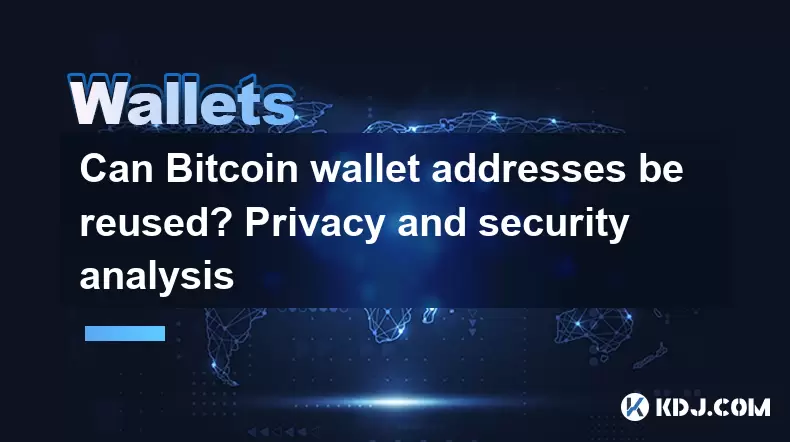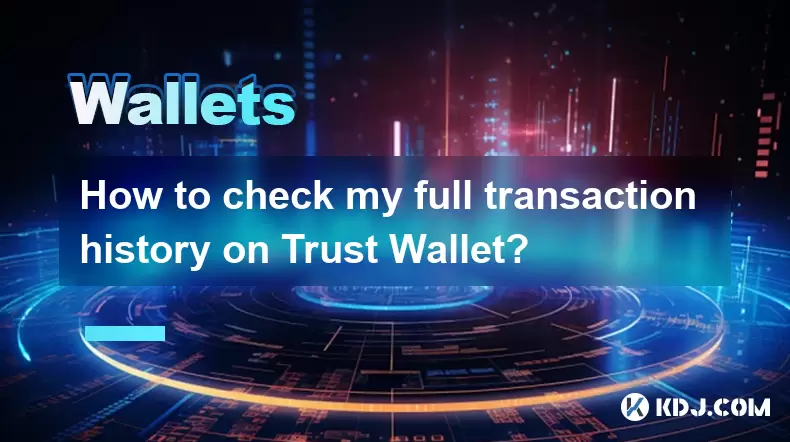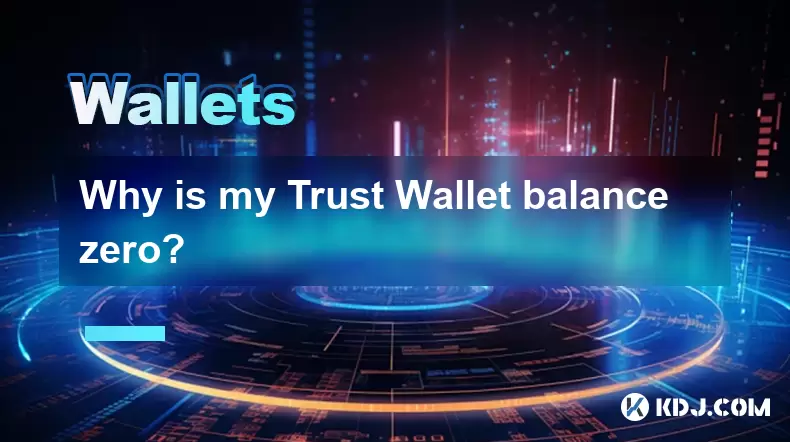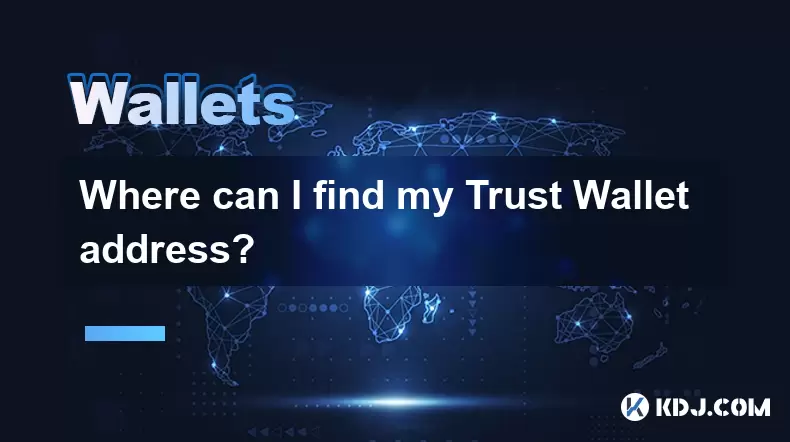-
 Bitcoin
Bitcoin $113900
-1.39% -
 Ethereum
Ethereum $3517
-4.15% -
 XRP
XRP $3.009
1.59% -
 Tether USDt
Tether USDt $0.9997
-0.04% -
 BNB
BNB $766.8
-1.41% -
 Solana
Solana $164.6
-2.38% -
 USDC
USDC $0.9998
-0.02% -
 TRON
TRON $0.3277
0.65% -
 Dogecoin
Dogecoin $0.2023
-1.67% -
 Cardano
Cardano $0.7246
0.05% -
 Hyperliquid
Hyperliquid $38.27
-4.77% -
 Sui
Sui $3.528
-0.52% -
 Stellar
Stellar $0.3890
-0.73% -
 Chainlink
Chainlink $16.16
-2.69% -
 Bitcoin Cash
Bitcoin Cash $539.9
-4.38% -
 Hedera
Hedera $0.2425
-2.00% -
 Avalanche
Avalanche $21.71
-0.97% -
 Toncoin
Toncoin $3.662
5.73% -
 Ethena USDe
Ethena USDe $1.000
-0.02% -
 UNUS SED LEO
UNUS SED LEO $8.964
0.35% -
 Litecoin
Litecoin $107.7
2.33% -
 Shiba Inu
Shiba Inu $0.00001223
-0.40% -
 Polkadot
Polkadot $3.617
-0.97% -
 Uniswap
Uniswap $9.052
-2.49% -
 Monero
Monero $295.1
-3.79% -
 Dai
Dai $0.9999
0.00% -
 Bitget Token
Bitget Token $4.315
-1.85% -
 Pepe
Pepe $0.00001060
0.11% -
 Cronos
Cronos $0.1342
-2.72% -
 Aave
Aave $256.0
-0.87%
Can Bitcoin wallet addresses be reused? Privacy and security analysis
Reusing Bitcoin addresses compromises privacy and security; use a new address for each transaction to enhance protection.
May 18, 2025 at 07:35 am

Introduction to Bitcoin Wallet Addresses
When engaging with the world of cryptocurrencies, particularly Bitcoin, one of the fundamental concepts users must grasp is the use of Bitcoin wallet addresses. These addresses serve as the destination for Bitcoin transactions, much like a bank account number. However, unlike traditional bank accounts, Bitcoin addresses are designed to be used once for incoming transactions. This article delves into the implications of reusing Bitcoin wallet addresses, focusing on privacy and security aspects.
The Concept of Address Reuse
Bitcoin wallet addresses are generated from public keys, which are derived from private keys. Each time a new address is created, it's associated with a unique public-private key pair. The practice of reusing addresses, or using the same address for multiple transactions, has been a topic of debate within the cryptocurrency community. Reusing an address can lead to significant privacy and security risks, which we will explore in detail.
Privacy Concerns with Address Reuse
One of the primary concerns with reusing Bitcoin wallet addresses is the impact on user privacy. Bitcoin's blockchain is a public ledger, meaning all transactions are visible to anyone who cares to look. When an address is reused, it becomes easier for third parties to track and analyze the transaction history associated with that address.
- Linkability: By reusing an address, all transactions linked to that address can be connected, making it easier for observers to build a profile of the user's financial activities. This can be particularly concerning for users who value their financial privacy.
- Address Clustering: Sophisticated blockchain analysis tools can use address reuse to cluster multiple addresses that belong to the same user, further compromising privacy.
Security Risks of Address Reuse
In addition to privacy concerns, reusing Bitcoin wallet addresses can also pose security risks. When an address is reused, it increases the potential attack surface for malicious actors.
- Replay Attacks: If an attacker intercepts a transaction sent to a reused address, they could potentially replay that transaction, attempting to double-spend the Bitcoin. While Bitcoin's network has mechanisms to prevent this, the risk is still present.
- Address Poisoning: Malicious actors can send small amounts of Bitcoin to a reused address, hoping to trick the user into sending funds to an address controlled by the attacker. This tactic relies on the user's confusion or oversight.
Best Practices for Address Management
To mitigate the privacy and security risks associated with address reuse, users should adopt best practices for managing their Bitcoin wallet addresses.
- Use a New Address for Each Transaction: Most modern Bitcoin wallets generate a new address for each incoming transaction. Users should take advantage of this feature to enhance their privacy and security.
- Implement Hierarchical Deterministic (HD) Wallets: HD wallets use a single seed to generate a tree of public and private key pairs, allowing users to create new addresses without the need to back up each key individually. This approach simplifies address management while maintaining privacy.
- Regularly Backup Your Wallet: Since generating new addresses frequently can lead to a large number of keys to manage, regular backups are essential to prevent loss of funds.
Tools and Services for Enhanced Privacy
Several tools and services are available to help Bitcoin users enhance their privacy and avoid the pitfalls of address reuse.
- CoinJoin: This technique mixes multiple Bitcoin transactions together, making it difficult to trace the origin and destination of funds. Services like Wasabi Wallet and JoinMarket offer CoinJoin functionality.
- Tumble/Bitcoin Mixers: These services mix users' Bitcoin with others' to break the link between the sender and receiver. However, users should be cautious as some mixers may be less reputable.
- Privacy-Focused Wallets: Wallets like Samourai Wallet and Sparrow Wallet are designed with privacy in mind, offering features like address rotation and CoinJoin integration.
Conclusion on Address Reuse
Understanding the implications of reusing Bitcoin wallet addresses is crucial for anyone involved in the cryptocurrency space. The practice of address reuse can significantly compromise user privacy and security, making it important to adopt best practices and utilize available tools to enhance privacy.
Frequently Asked Questions
Q: Can I reuse a Bitcoin address if I only receive small amounts of Bitcoin?
A: While the risk might seem lower with small amounts, reusing a Bitcoin address still poses privacy and security risks. It's best to use a new address for each transaction, regardless of the amount.
Q: How can I tell if my wallet supports address rotation?
A: Most modern wallets support address rotation. You can check your wallet's documentation or settings to see if it generates a new address for each incoming transaction. If it does, it supports address rotation.
Q: Are there any scenarios where reusing a Bitcoin address is acceptable?
A: In general, it's not recommended to reuse Bitcoin addresses. However, in some cases, such as when dealing with trusted parties or for educational purposes, the risks might be considered acceptable. Still, it's best to err on the side of caution and use new addresses.
Q: What should I do if I've already reused a Bitcoin address?
A: If you've reused a Bitcoin address, consider moving your funds to a new address as soon as possible. Monitor your transactions closely and consider using privacy-enhancing tools to mitigate any potential risks.
Disclaimer:info@kdj.com
The information provided is not trading advice. kdj.com does not assume any responsibility for any investments made based on the information provided in this article. Cryptocurrencies are highly volatile and it is highly recommended that you invest with caution after thorough research!
If you believe that the content used on this website infringes your copyright, please contact us immediately (info@kdj.com) and we will delete it promptly.
- Bitcoin Strategy: Saylor's Not Hoarding, He's Building an Empire
- 2025-08-02 22:30:12
- Bitcoin Bloodbath: Macro Pressures and Liquidations Unleash Crypto Chaos
- 2025-08-02 22:30:12
- Tron, Cold Wallets, and Crypto Trends: What's Hot in the Market?
- 2025-08-02 23:10:12
- Bitcoin's Wild Ride: Davinci, Investors, and the $500K Dream
- 2025-08-02 23:50:12
- Worldcoin, Identity, WLD Price: Decoding the NYC Crypto Buzz
- 2025-08-02 21:10:12
- Shiba Inu: Utility and Community Strength Drive Crypto's Evolution
- 2025-08-02 21:50:12
Related knowledge

What is a watch-only wallet in Trust Wallet?
Aug 02,2025 at 03:36am
Understanding the Concept of a Watch-Only WalletA watch-only wallet in Trust Wallet allows users to monitor a cryptocurrency address without having ac...

How to switch between networks in Trust Wallet?
Aug 02,2025 at 12:36pm
Understanding Network Switching in Trust WalletSwitching between networks in Trust Wallet allows users to manage assets across different blockchains s...

How to check my full transaction history on Trust Wallet?
Aug 02,2025 at 09:24am
Understanding Transaction History in Trust WalletTrust Wallet is a widely used non-custodial cryptocurrency wallet that supports a broad range of bloc...

Why is my Trust Wallet balance zero?
Aug 02,2025 at 03:49am
Understanding Trust Wallet Balance Display IssuesIf you're seeing a zero balance in your Trust Wallet despite knowing you've previously received or se...

What happens if I send crypto to the wrong network in Trust Wallet?
Aug 02,2025 at 07:22pm
Understanding Network Compatibility in Trust WalletWhen using Trust Wallet, it's essential to understand that different cryptocurrencies operate on di...

Where can I find my Trust Wallet address?
Aug 02,2025 at 06:07pm
Understanding Your Trust Wallet AddressYour Trust Wallet address is a unique identifier that allows others to send you cryptocurrency. It is a string ...

What is a watch-only wallet in Trust Wallet?
Aug 02,2025 at 03:36am
Understanding the Concept of a Watch-Only WalletA watch-only wallet in Trust Wallet allows users to monitor a cryptocurrency address without having ac...

How to switch between networks in Trust Wallet?
Aug 02,2025 at 12:36pm
Understanding Network Switching in Trust WalletSwitching between networks in Trust Wallet allows users to manage assets across different blockchains s...

How to check my full transaction history on Trust Wallet?
Aug 02,2025 at 09:24am
Understanding Transaction History in Trust WalletTrust Wallet is a widely used non-custodial cryptocurrency wallet that supports a broad range of bloc...

Why is my Trust Wallet balance zero?
Aug 02,2025 at 03:49am
Understanding Trust Wallet Balance Display IssuesIf you're seeing a zero balance in your Trust Wallet despite knowing you've previously received or se...

What happens if I send crypto to the wrong network in Trust Wallet?
Aug 02,2025 at 07:22pm
Understanding Network Compatibility in Trust WalletWhen using Trust Wallet, it's essential to understand that different cryptocurrencies operate on di...

Where can I find my Trust Wallet address?
Aug 02,2025 at 06:07pm
Understanding Your Trust Wallet AddressYour Trust Wallet address is a unique identifier that allows others to send you cryptocurrency. It is a string ...
See all articles

























































































